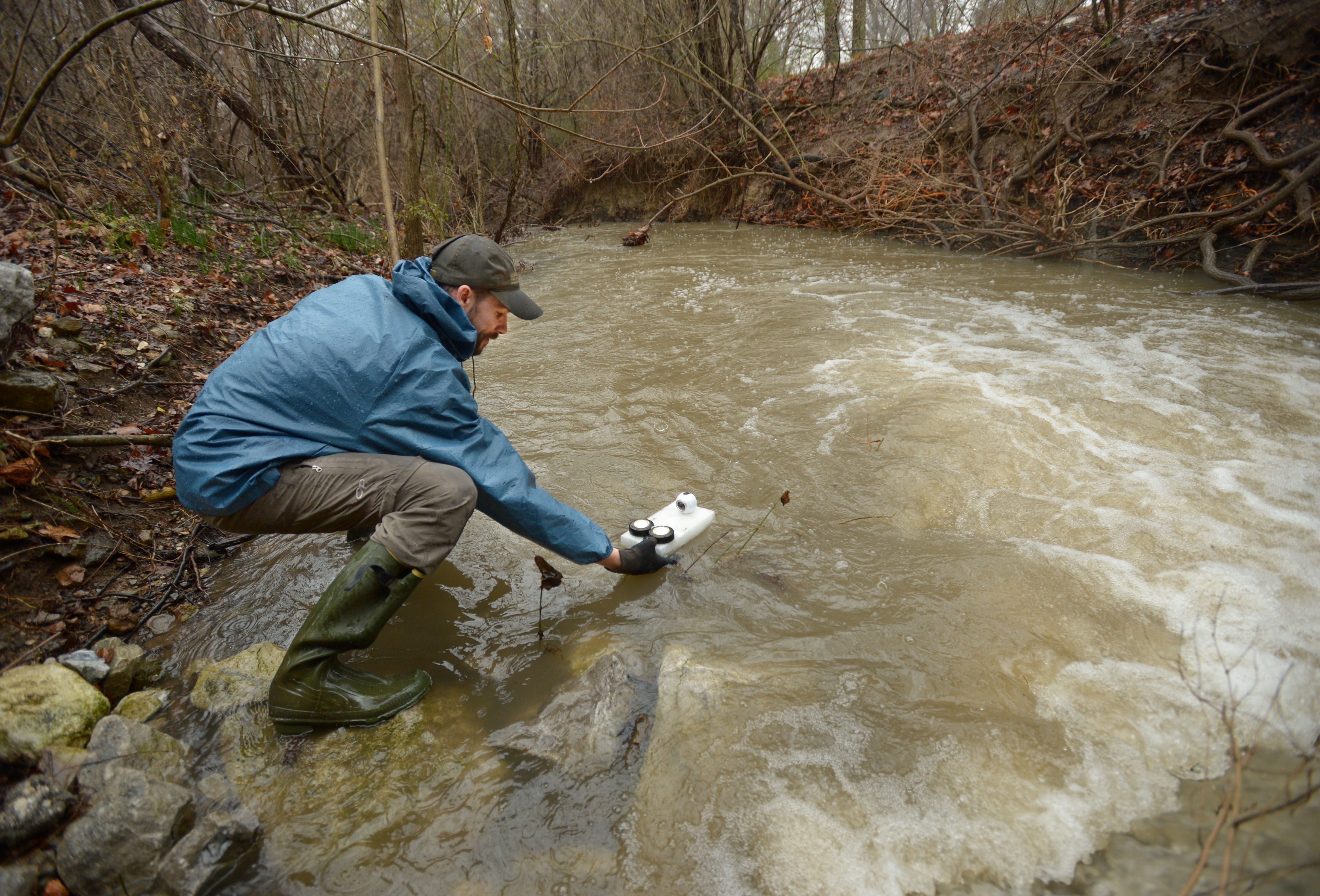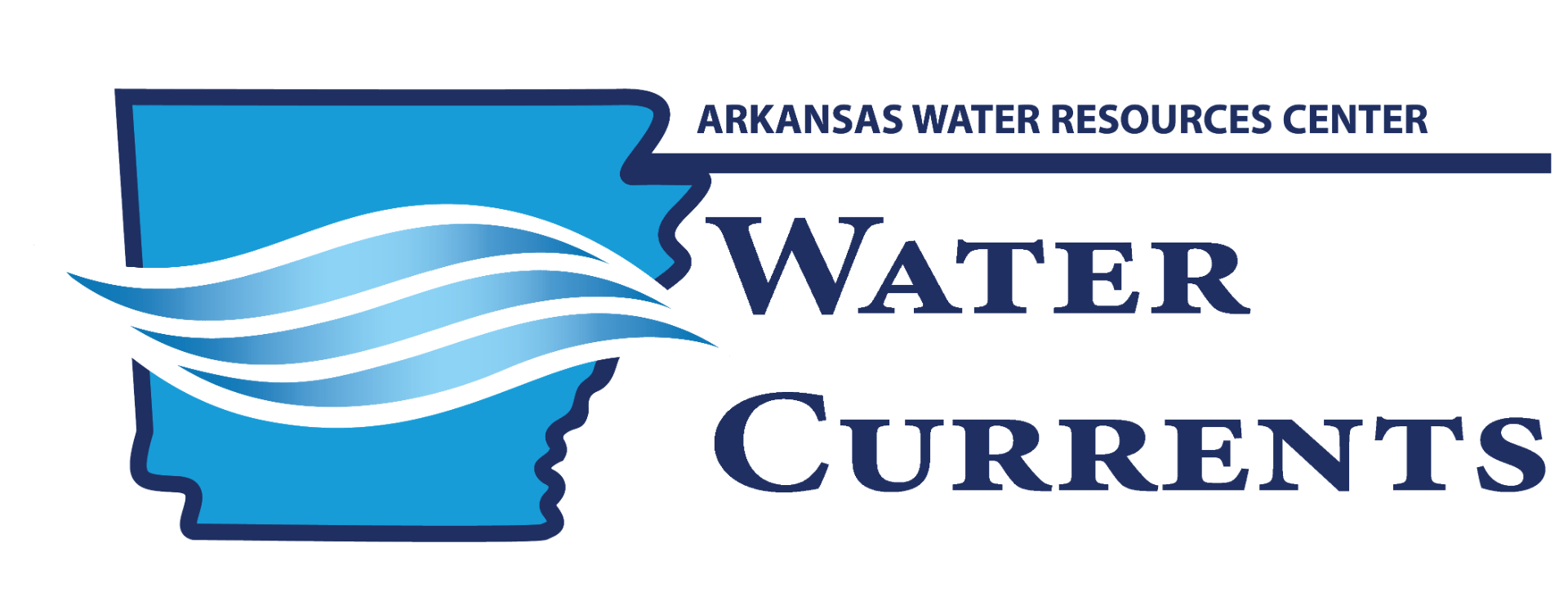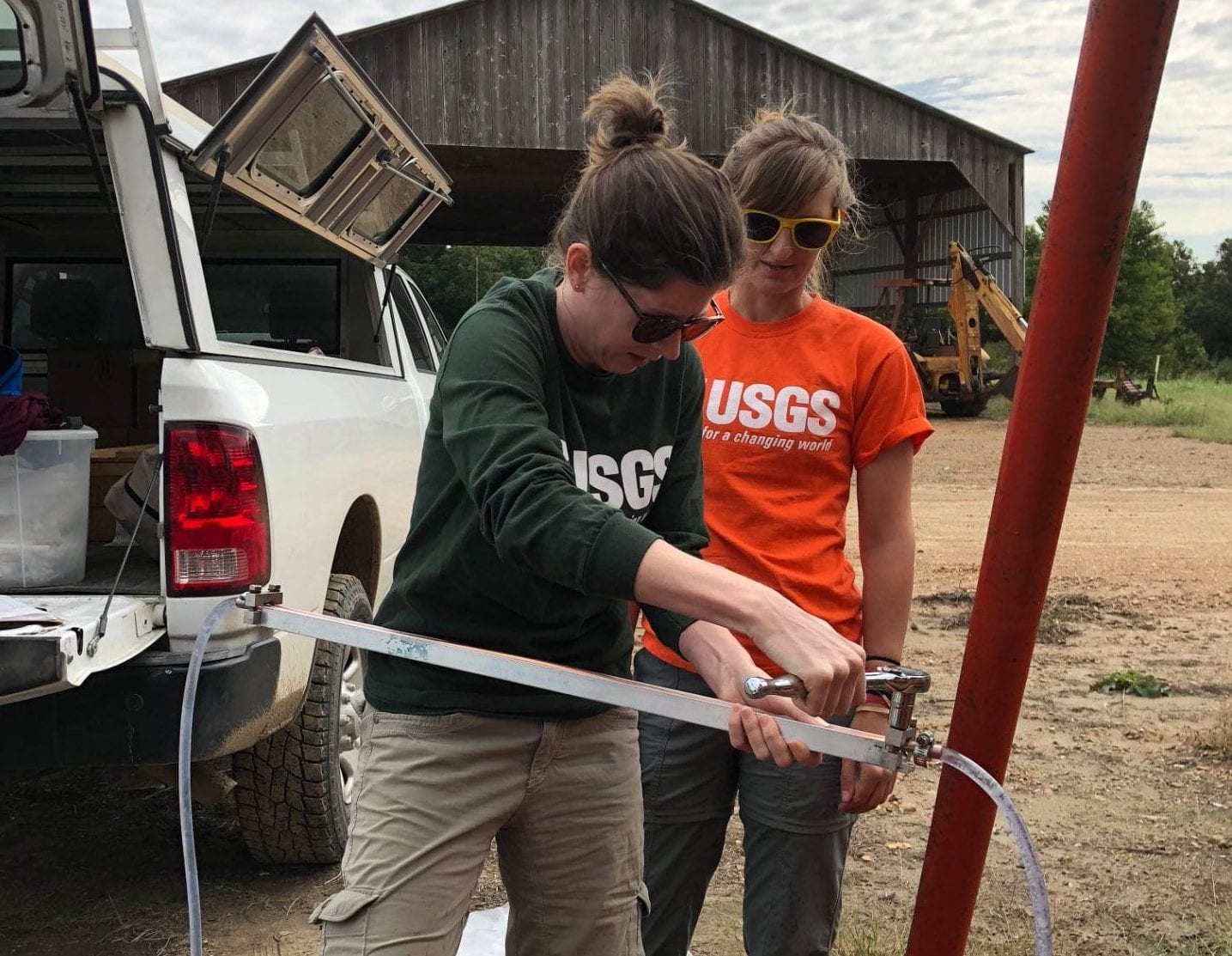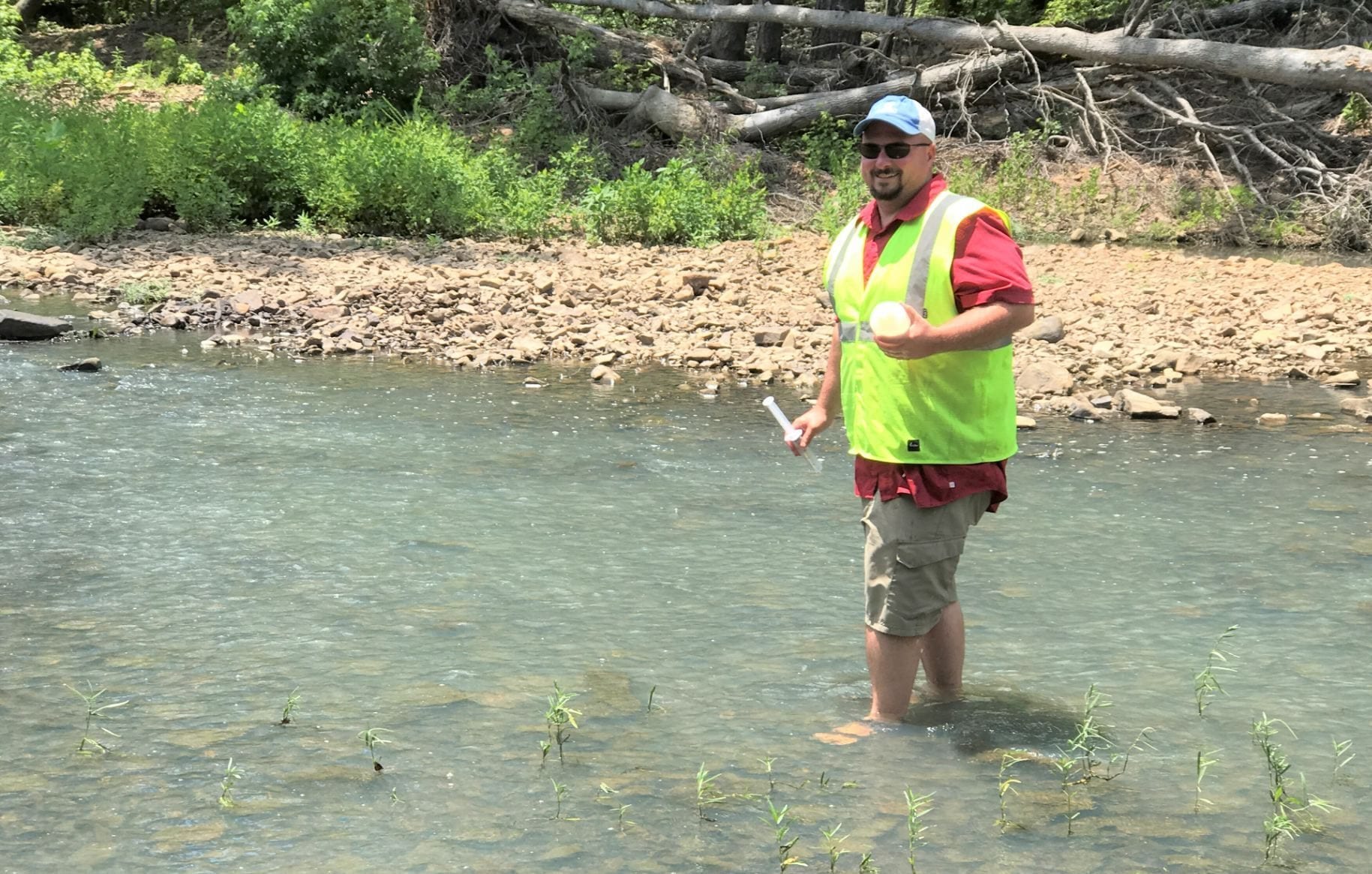
Watch Go-Pro Videos Record the Path of Pollution

Have you ever watched water flow down the road and disappear into the drain during a thunderstorm? Thanks to a series of new videos, now you can follow the path of that water and the pollutants that might be carried with it.
Colin Massey and colleagues with the University of Arkansas System Division of Agriculture in Washington Country produced the “Pollutant Path Video Series” to help the public better understand the flow of water and pollutants through our urban environment. They did this using point-of-view cameras to allow viewers to experience the journey of pollution from storm drain to outfall into nearby creeks and streams.
Pollution that is carried by stormwater runoff flows untreated through storm drains directly to our local streams, rivers, and lakes which ultimately provide our drinking water supply. Sediments, trash, pesticides, fertilizers, and oils are just some examples of what ends up in our waterways that can negatively impact water quality, aquatic life, and human health.
The intent of the video series is for viewers to better connect their land-use activities with water quality. There are many ways that the public can help improve water quality by employing best management practices, or BMPs. For example, use fertilizers sparingly, keep grass clippings out of the street and gutters, and direct downspouts away from paved surfaces. See the list of “Ten things you can do to prevent stormwater runoff pollution” from the Cooperative Extension Service.
The University of Arkansas System Division of Agriculture Cooperative Extension Service provides educational programs and research-based information to the people of Arkansas. This video series was made possible by funding from the Arkansas Natural Resources Commission Nonpoint Source Pollution program.
Image courtesy of NWA Democrat-Gazette.









